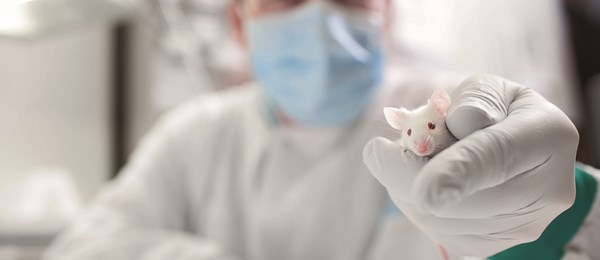We want our research data to be Findable, Accessible, Interoperable and Reusable. This requires good data management and data stewardship — before, during and after research.
We offer training and support for researchers making their data management plan. We stimulate open access publishing and place manuscripts in repositories. We have procedures in place for publishing data in public and controlled access data repositories. In this way, almost all of our data and results are accessible to anyone.
We have an Institutional Review Board for ethical and legal reviews of studies dealing with human material and data.
Within the Netherlands, we collaborate with many partners in the Health-RI Consortium and we are member of SURF - the collaborative organization for ICT in Dutch education and research.
Learning to understand cancer, which is an extremely complex disease involving the entire body, requires research involving living animals – which, in our institute, are rodents. This is an important ethical dilemma.
We want to be open and transparent about our research involving living animals, and we conduct our research in the most responsible manner, with great care for the wellbeing of our animals. A commitment to reduce, refine and replace animal experiments, wherever possible, underpins all our work. In November 2021, the NKI signed the nation-wide Transparency Agreement on Animal Testing.
